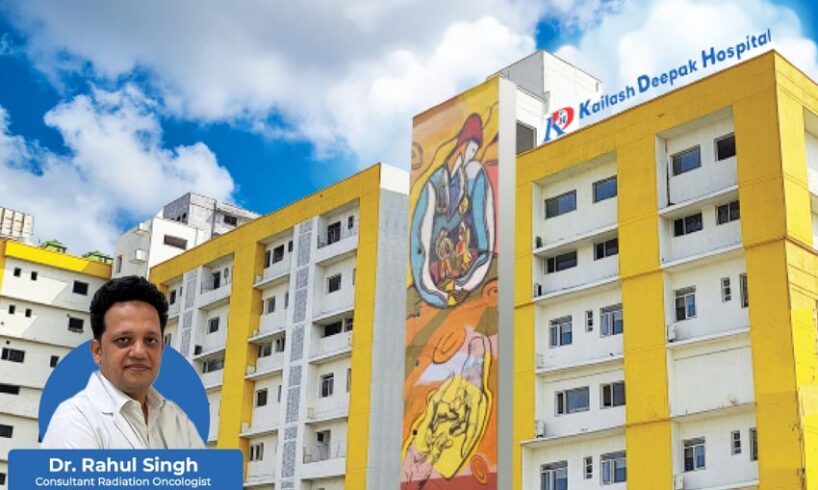
- Cancer in India: What You Need to Know
Cancer is a growing health concern in India, with the number of cases rising rapidly each year. Addressing this challenge requires increased awareness and education about cancer among the general population. Dispelling myths, recognizing early signs and symptoms, and encouraging a healthy lifestyle are critical steps to combat this disease.
Common Myths About Cancer
- Myth: Once one gets cancer, death is inevitable.
Fact: Many cancers are treatable, especially when detected early. Advances in medical science have improved survival rates significantly. - Myth: Cancer is contagious.
Fact: Cancer does not spread from person to person. It develops due to genetic and environmental factors. - Myth: Cancer treatment is worse than the disease itself.
Fact: Modern treatments are designed to target cancer effectively while minimizing side effects. - Myth: Tissue biopsy spreads cancer to other parts.
Fact: Biopsies are safe and essential for accurate diagnosis and treatment planning. - Myth: Cancers are always hereditary.
Fact: While some cancers have a genetic link, most are caused by lifestyle or environmental factors. - Myth: Some forms of tobacco do not cause cancer.
Fact: All forms of tobacco increase cancer risk, whether smoked or chewed. - Myth: No history of substance abuse means no cancer risk.
Fact: Cancer can affect anyone, regardless of their history of substance use.
Adopting a Healthy Lifestyle
Leading a healthy lifestyle can significantly reduce the risk of cancer. Here’s how:
- Avoid tobacco: Do not smoke or chew tobacco.
- Limit alcohol consumption: Moderation is key.
- Eat a balanced diet: Include fruits, vegetables, and whole grains in your meals.
- Maintain a healthy weight: Obesity is a risk factor for several cancers.
- Stay active: Regular exercise strengthens the body and reduces cancer risk.
- Prioritize sleep: Get at least seven hours of quality sleep daily.
- Manage stress: Practice meditation or yoga to relax and improve mental health.
- Regular screenings: Early detection through regular check-ups can save lives.
Signs and Symptoms to Watch For
Early detection is vital in cancer treatment. Be vigilant for the following signs:
- Red or white patches in the mouth or non-healing ulcers.
- A lump in any part of the body.
- Unexplained bleeding.
- Changes in a mole or wart.
- Hoarseness, shortness of breath, or difficulty swallowing.
- Changes in bladder or bowel habits.
- Persistent loss of appetite or early satiety.
- Unexplained fever, night sweats, or weight loss.
Cancer in India: Key Concerns
Breast Cancer
Breast cancer is the most common cancer among women in urban India. Due to fear and social stigma, many women delay seeking medical attention, leading to late-stage diagnoses. Early detection significantly improves outcomes and often requires less aggressive treatment.
Cervical Cancer
Cervical cancer is the second most common cancer in Indian women. It is highly preventable with vaccines and regular screenings, which can detect pre-cancerous changes.
Oral and Lung Cancer
Oral and lung cancers are prevalent among both urban and rural populations, especially among men. Tobacco use is a significant contributor to these cancers. Spreading awareness about the dangers of smoking and chewing tobacco can help prevent them.
Hope for a Healthier Future
Cancer is no longer a death sentence. With advancements in treatment and a better understanding of the disease, many patients lead fulfilling lives post-treatment. Educating the population, busting myths, and encouraging proactive health measures can make a tremendous difference in controlling cancer in India.
By adopting a healthy lifestyle, staying informed, and prioritizing early detection, we can collectively combat the rising threat of cancer. Let’s take the pledge to spread awareness and work towards a cancer-free future.
Also read: Australia Bans Social Media for Children Under 16
